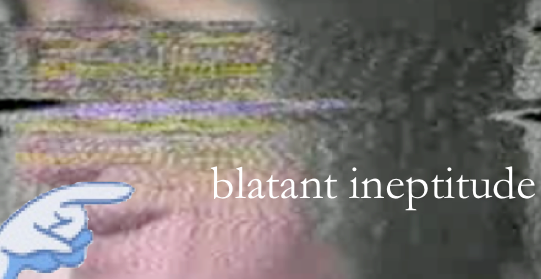I will not post his music here, but this brings me to Mike Posner. My friend Zack gave this concise definition of the concept of Mike Posner in an email to me:
As you know, rap/rnb music is going in two very divergent directions, street v college. Gutter v. pop. He is an inheritor of the college/pop direction -very mainstream - lead by BOB, lupe, drake, J. Cole, and Asher. But he is a singer, not a rapper. He graduated from Duke. Hes a little pussy who makes little pussy pop rnb music. Girls flock to his shows. His big song "Cooler than Me" which came out over a year ago, is just now seeing serious chart action. Other college rap-pop artists who are in the same vein are Chiddy Bang, Hoodie Allen, some white pussy from boston who's name i forget, and this other pussy named Jared Evan. There will be many more artists like this.
But most importantly, Posner adds a huge injection of perfectly pitched zeitgeist into nearly every lyric, frame, costume and tweet. His first relative hit "Cooler Than Me" is an angsty, insecure and falsely-humble love song and an innocent party anthem wrapped into one.
So what does this sound like in 2010, when the pop landscape has already cannibalized itself to the point of blurring R'n'B, dance, hip-hop, country and rock into a big mush? Well, it pretty much sounds like a whiny, breathy, White Akon, with as much post-production pitch correction and bass are needed to get college kids to throw their hands in the air. Posner's only been singing for a couple years, and you can tell he grew up in the AutoTune era. He has the vocal mannerisms of Akon and the same middle-of-the-road pop sensibilities that turned Akon into a superstar from a felon. This is basically Facebook status updates dressed up in all the tropes of 21st Century Frankenstein pop music: hip-hop's arrogance, formulaic Euro-dance production, the club-appropriate setting of Timbaland and Timberlake monster anthems, and a level of self-awareness and the belief that any feeling is worth sharing that only a millennial could possess. The success of Posner as an artist and his popularity prove that this moment will truly raise the bar for self-absorption; not only do we listen to the most mundane and impotent of emotional expressions as art, but we now yearn for our own half-baked feelings to be reflected in the music and culture we experience. We have reached a moment in musical appreciation where we must relate on the most naked levels for anything to really be a hit.
